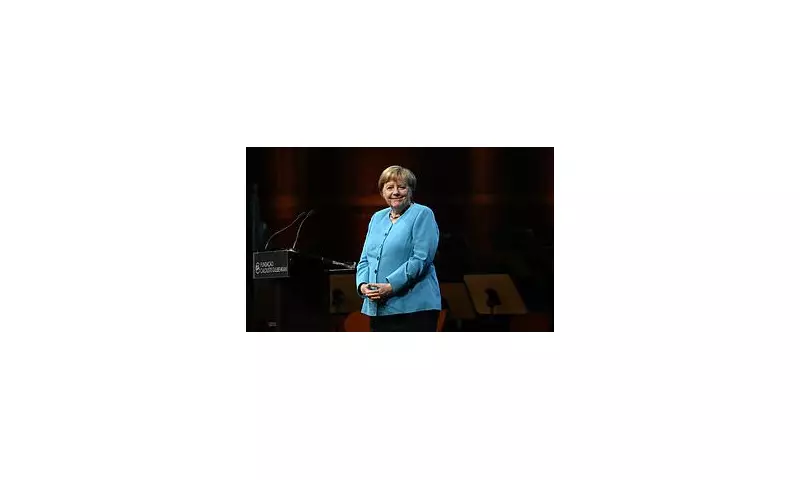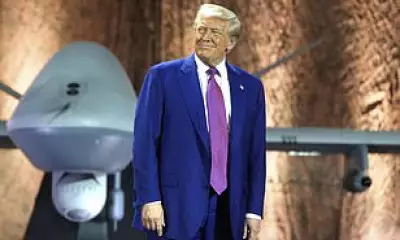
In a controversial intervention that has sent shockwaves through European diplomatic circles, former German Chancellor Gerhard Schröder has pointed the finger at Poland and Baltic nations for Vladimir Putin's devastating invasion of Ukraine.
The Explosive Allegation
The 71-year-old political veteran, who maintains close ties to the Russian president, claimed that NATO's eastward expansion directly provoked Moscow's military aggression. Schröder's remarks come as Ukraine continues to fight for its sovereignty against Russian forces.
'This war that we have in Ukraine is also a consequence of the fact that we have not resolved the relationship with Russia,' Schröder declared during a recent interview, sending European eyebrows soaring.
Diplomatic Firestorm Erupts
The former chancellor's comments have ignited immediate condemnation from across the political spectrum. Critics argue that Schröder is effectively engaging in victim-blaming while whitewashing Russian aggression that has killed thousands of civilians and displaced millions.
Schröder, who served as Germany's leader from 1998 to 2005, has faced mounting criticism for his refusal to sever ties with Putin and Russian energy companies since the invasion began in February 2022.
A Pattern of Controversy
This isn't the first time Schröder has courted controversy with his pro-Russia stance. The former chancellor has:
- Continued to serve on the board of Russian state energy giant Rosneft
- Maintained his position at Nord Stream AG, operator of the controversial gas pipeline
- Resisted calls from his own party to distance himself from Putin
- Faced potential EU sanctions for his Russian business ties
European Backlash Intensifies
Political leaders across Europe have expressed outrage at Schröder's latest remarks. Many see his comments as particularly damaging given Germany's crucial role in supporting Ukraine and coordinating European response to Russian aggression.
'This is exactly the kind of rhetoric that plays into Putin's hands,' one European diplomat commented anonymously. 'It shifts blame from the actual aggressor to nations that simply sought security through NATO membership.'
The controversy comes at a sensitive time for European unity, as Western nations work to maintain support for Ukraine amid growing economic pressures and energy concerns.
Historical Context and Current Realities
Schröder's argument echoes longstanding Russian complaints about NATO expansion, though most security experts and historians reject the notion that this justifies military invasion of a sovereign nation.
Poland and the Baltic states—Estonia, Latvia, and Lithuania—joined NATO in 1999 and 2004 respectively, seeking protection after decades of Soviet domination. Many security analysts argue that Putin's actions have ironically validated their decision to seek NATO membership.
As the war in Ukraine approaches its third year, Schröder's comments highlight the ongoing divisions within Europe about how to handle relations with Russia both during and after the conflict.






